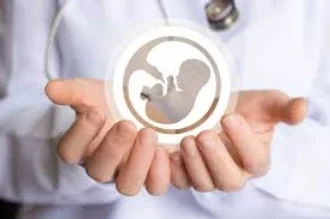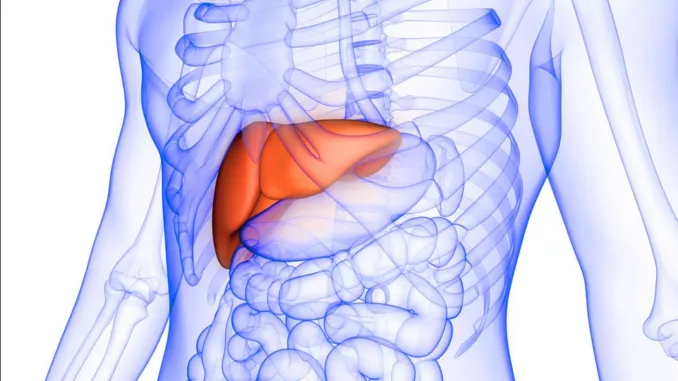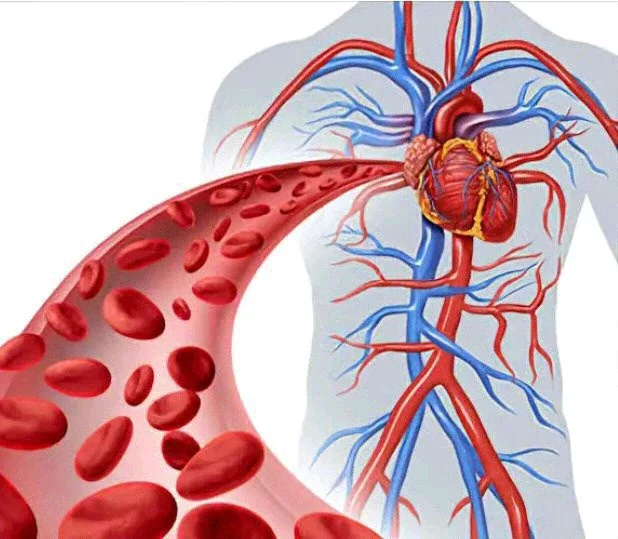
Fertility is the ability to conceive children. In general, when a woman is unable to get pregnant even after at least one year of unprotected sex, she is considered to have infertility issues, and her doctor will begin evaluating the possible causes.
Infertility is not just a female problem; it can also be from the male.
Certain nutrition and lifestyle choices, like eating fewer refined carbs and getting moderate exercise, along with reducing stress may help improve fertility.
Fertility issues affect up to 15 percent of couples, luckily, there are a few natural ways to increase your fertility which includes food choices and lifestyle changes.
Here are some natural ways to boost fertility and get pregnant faster:
1. Eat foods rich in antioxidants:
Antioxidants like folate and zinc improve fertility for both men and women. They deactivate the free radicals in your body, which can damage both sperm and egg cells.
One 2012 study of young, adult men found that eating 75 grams of antioxidant-rich walnuts per day improved sperm quality.
A study of 232 women showed that higher folate intake was associated with higher rates of implantation, clinical pregnancy, and live birth.
Foods such as fruits, vegetables, nuts, and grains are packed full of beneficial antioxidants like vitamins C and E, folate, beta carotene, and lutein. Eating more of these healthy foods shouldn't hurt in the effort.
2. Eat a bigger breakfast:
Eating a substantial breakfast helps women with fertility problems.
One study found that eating a larger breakfast improve the hormonal effects of polycystic ovary syndrome (PCOS), a major cause of infertility.
For moderate weight women with PCOS, eating most of their calories at breakfast reduced insulin levels by 8 percent and testosterone levels by 50 percent.
In addition, by the end of the 12-week study, these women had ovulated more than women who ate a smaller breakfast and larger dinner, suggesting improved fertility.
However, it's important to note that increasing the size of your breakfast without reducing the size of your evening meal is likely to lead to weight gain.
3. Avoid trans fats:
Eating healthy fats every day is important for boosting fertility and overall health.
However, trans fats are associated with an increased risk of ovulatory infertility, due to their negative effects on insulin sensitivity.
Trans fats are commonly found in hydrogenated vegetable oils and are usually present in some margarine, fried foods, processed products, and baked goods. Some of the faves, we know.
4. Eat more fiber:
Fiber helps your body get rid of excess hormones and keeps blood sugar balanced.
Certain types of fiber can help remove excess estrogen by binding to it in the intestines. The excess estrogen is then removed from the body as a waste product.
Edibles associated with soluble fiber, such as from avocados, sweet potatoes, oats, and fruits, with lower levels of estrogen and progesterone.
Soluble fiber from fruit especially had the strongest association with lower concentrations of estrogen.
5. Take time to relax:
If you're trying to conceive, stress is probably on the menu, too. As your stress levels increase, your chances of getting pregnant decrease. This is likely due to the hormonal changes that occur when you feel stressed.
6. Check those iron levels:
Consuming iron supplements and non-heme iron, which comes from plant-based foods, may decrease the risk of ovulatory infertility.
7. Natural supplements:
Certain natural supplements have been linked to increased fertility, especially in animal studies.
Always check with your doctor before taking of natural supplements as efficacy in humans has not been well studied
















Comments